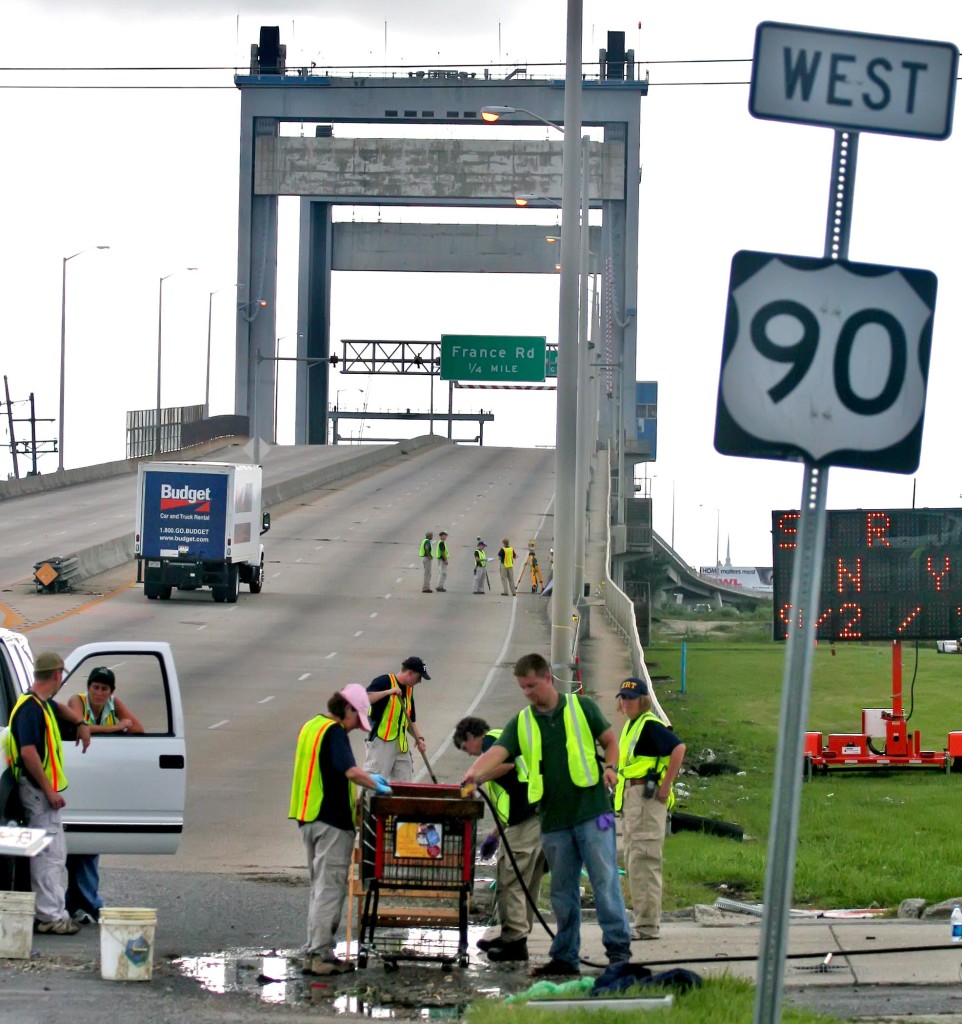“With Police Cases I Don’t Ever Guess What a Jury Will Do…”

August 18, 2011
Share
“This case was like an Innocence Project meets multiple murder meets a public corruption case,” Bobbi Bernstein, the deputy chief of the Justice Department’s Civil Rights Division, who led the prosecution team at the Danziger Bridge trial told NPR in an interview today. “Any one of those charges would be enormous on its own. But it was all three melded together. I’ve been doing this a long time and I thought I’d seen every kind of police misconduct, but I’ve never seen a case like this.”
On Aug. 5, five New Orleans police officers were convicted of the post-Katrina shootings — which killed two unarmed civilians and gravely wounded four others — and of conspiring to cover up the incident. An additional five officers have pleaded guilty in the case.
Bernstein also told NPR she believes the crime “could only have happened because of Katrina. These officers had the mentality that they needed to take care of things themselves. The shooting wasn’t a mistake … the terrible mistake is that these officers adopted an us-versus-them attitude. Anybody on the bridge was a bad guy, undeserving of their concern and constitutional protection.”
The Danziger Bridge case is one of six cases of post-Katrina shootings that we’ve been following for the past year and a half with our partners at ProPublica and the New Orleans Times-Picayune.
Even after the Danziger verdict, the NOPD remains under heavy scrutiny from the Justice Department. In March, the DOJ released a 158-page report which identified systemic problems, “including a pattern of discriminatory policing, the routine use of ‘unnecessary and unreasonable’ force, and a chronic failure to discipline officers involved in misconduct.” The Justice Department and the NOPD are working out a consent decree under which the feds will oversee broad changes in the department over a period of years. David Welker, who heads the FBI’s New Orleans office, says the ultimate goal is “getting the department to do the right thing even when no one’s watching.”
Latest Documentaries
Explore
Policies
Teacher Center
Funding for FRONTLINE is provided through the support of PBS viewers and by the Corporation for Public Broadcasting, with major support from Ford Foundation. Additional funding is provided the Abrams Foundation, Park Foundation, John D. and Catherine T. MacArthur Foundation, Heising-Simons Foundation, and the FRONTLINE Trust, with major support from Jon and Jo Ann Hagler on behalf of the Jon L. Hagler Foundation, and additional support from Koo and Patricia Yuen. FRONTLINE is a registered trademark of WGBH Educational Foundation. Web Site Copyright ©1995-2025 WGBH Educational Foundation. PBS is a 501(c)(3) not-for-profit organization.




















